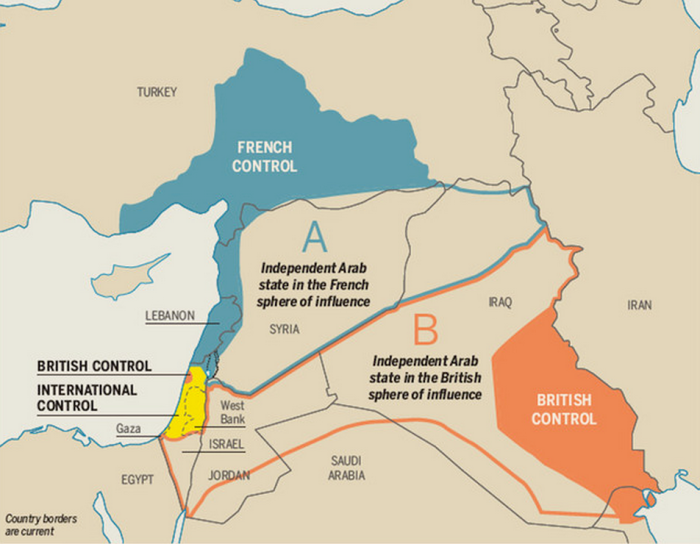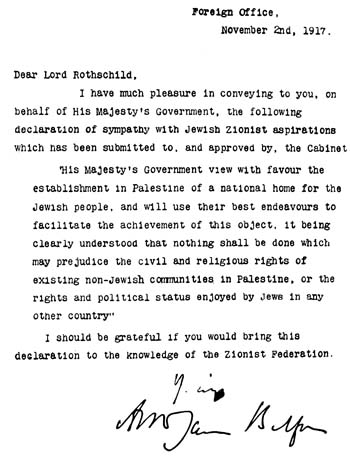As an American growing up I remember mostly learning American history. Rightfully so as a country’s citizens should have at least, a working knowledge of how their country came to be. Being from the west, I only remember (not to say my history teachers didn’t try) learning incredibly (or what I have realized to be incredible) broad scrapes over the history of the eastern half of the world. After moving overseas, I began meeting and talking with people and realized how much more of their history they knew, not only that, but how much of other’s history they also knew. I also realized how much of this history actually informed the mindsets in the west. This made me, (as an INTJ) want to study and know more.
The Middle East is particular enigma to the westerner. There are many incredible layers of history that most Americans, who have a mostly western historical grid, don’t understand. Now, I do not claim to understand these either, what I want to do is share a few of the insights that I have learned along the way, either learned in study or in interactions with people. The first that I want to talk about is how the Middle East was formed. My thoughts are not meant to include all the details but what more of what I wish someone had told me (or did tell me once I got here) about the Mediterranean region in quick “snap shots” so bear with me friends
One of the things I have learned about this region, is that the countries that we know as the Middle East were largely formed after World War 1 by the Entente Powers. (i.e. Great Britain, France, Russia and Italy)
Before the First World War much of the nations we know as the Middle East were under the Ottoman Empire, ruled from what we know as modern day Turkey. The current president of Turkey Recep Tayyip Erdogan has stated more than a few times his desire to see the Ottoman Empire “reemerge.” But this discussion is for another time. Right now I’ll talk about how the British and the French were deciding how the Middle East would be broken up before they had even won the war.
Sykes-Picot agreement.
Before the Entente powers had even won the war they were dividing up the lands of the Middle East. The exploration, discovery, and broadening usefulness of oil was making these lands incredibly valuable and these world powers did not want to give up their authority after the war. This agreement broke up the Middle East by giving what we know as Iraq, Jordan and a small portion of the northern part of current Saudi Arabia to British rule or control. The French would then take what we know today as Syria Lebanon and part of southern Turkey. The French control of Lebanon is part of why many Lebanese today speak Arabic, English and French. The modern day Israel was to remain an “international” zone in order to allow anyone to visit the Holy Sites in Jerusalem and otherwise. (Egypt and Cyprus were already under British control at this time.)

Now when the finally did get to the end of the war this is obviously not exactly how it worked out. One, because there were other players involved by that time, and two because there was debate because Britain had ended up in it’s attempts to get the Arabs in Arabia on their side promised certain tracks of land to numerous people. Never mind the Balfour Declaration that was put forth promising a homeland for the Jewish people, birthed from communications with the growing Zionist movement.

Still not done dividing up the land…though they had not yet won the war, there was yet another “agreement” of the division of lands. This one is the “McMahon agreement.” (so quoted because I’m not really sure you can call it an agreement) These were letters that were exchanged between The British High Commissioner at the time (McMahon) and Hussein Bin Ali the Sharif of Mecca. Think of the Sharif’s geographic influence as modern day Saudi Arabia. In these letters the high commissioner agreed to recognize Arab independence after the war was finished.(More about these letters)
In the end these didn’t turn out the way they were expected, with the entry of the United States (yay America!) into the war and the disdain of American’s for the idea of imperialism, at the time, there was a push back for the British and the French specifically to be able to control these areas. This is where the “League of Nations” and the Mandated Territories come in.
(League of Nations, League of Nations Mandate, )
This is how these nations were “directed” after the war. Certain countries agreed to over see helping the Middle East nations to reestablish themselves after the dissolving of the Ottoman Empire. Different “western” nations were given a “mandate” to help nations that were in the former Ottoman Empire to regain their strength. The mandated territories in the Middle East may end up being a whole article itself but suffice to say I wanted to mention it.
The wording in the Charters leans strongly towards the idea of, “the white man’s burden.” If you have never heard this term, the idea is that those we consider the west had the thought that they needed to “civilize” the east. Though this term no longer used I think the east feels the mindset still in some westerners. (Here is a link to the charter: see article 22- Link to the Charter )
Now, in bringing this out I am not saying that the west has nothing to offer the east. But I think we need to be just as aware of how much the east has to offer the west. One of the most beautiful things that I see living here, is the depth of relationships, and how relationships take precedence. I think in the west we have sacrificed relationships for automation and efficiency. Our “self-check outs” are a perfect example. Instead of the cashier getting to know you, because you shop at the same store, the same day, every week. We walk up to a machine and, are annoyed if we have to have the person come over. There are special gifts and talents that each nation, and each region has. Let’s learn from each other instead of grandstanding and trying to top each other. One of the ways that we can understand each other and come together is, learning each other’s history and values.
Comments and Questions are most welcome!
Maps About the Middle East(see map #7, #8)